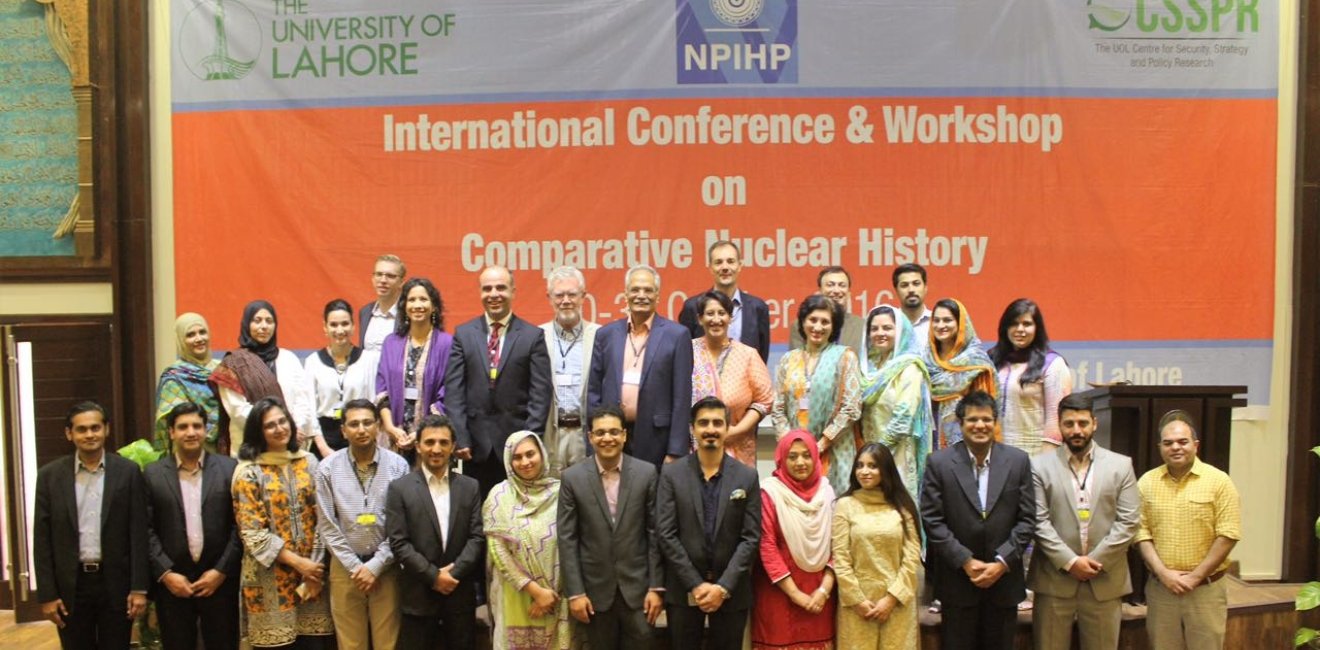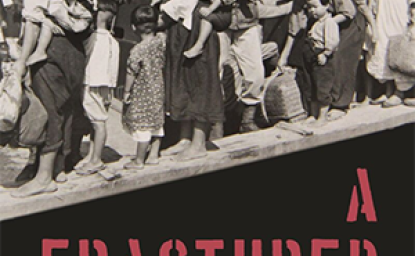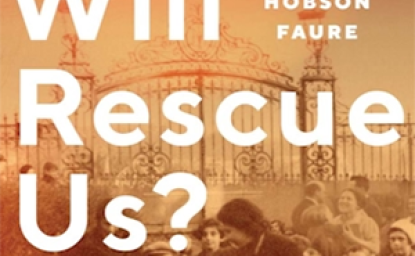The Nuclear Proliferation International History Project (NPIHP), in collaboration with The Centre for Security, Strategy and Policy Research at the University of Lahore, hosted Pakistan's first two-day international conference on "Comparative Nuclear History." The conference was convened to discuss comparative nuclear historical perspectives, to train Pakistani academics and research scholars working on South Asian nuclear issues to understand comparative historical contexts, and to stress the critical importance of access to archival sources in the ongoing study of nuclear policy issues.
Keynote speakers Ahmer Bilal Soofi, President of the Research Society of International Law, and Khalid Banuri, Director General of the Arms Control and Disarmament Directorate at the Strategic Plans Division, offered a practitioner's perspective with their remarks. Experts from Pakistan included Dr. Rifaat Hussain, Khalid Banuri, Dr. Rabia Akhtar, Salma Malik, Dr. Adil Sultan, Dr. Mansoor Ahmed, Dr. Zafar Khan and Sadia Tasleem. History and Public Policy Program Director Christian Ostermann, with fellow NPIHP partners David Holloway, Mahsa Rouhi, and Giordana Pulccini also participated in the proceedings.
CSSPR-NPIHP International Conference on Nuclear History
Oct 30-31, 2016
Sunday Oct 30, 2016: Inaugural Session
Mr. Awais Raoof: Welcome Remarks 10:10-10:20am
Mr. Ahmer Bilal Soofi: Pakistan’s Freedom of Information Act 10:20-10:40am
Mr. Khalid Banuri: Pakistan and the Non-proliferation Regime 10.40:11:00am
Q&A 11:15-11:30am
TEA 11:30-11:55am
Session I: Comparative International Nuclear History
Session Chair: Mr. Khalid Banuri
1. Dr. Christian Ostermann 12:00-12:15am
o Conducting International Nuclear History Research
2. Prof. Dr. David Holloway 12:15-12:30am
o The United States and the Soviet Union at the start of the Atomic Age
3. Dr. Mahsa Rouhi 12:30-12:45a.m
o Evolution of Iranian Nuclear Strategy after the Revolution
4. Dr. Giordana Pulcini 12:45-1:00pm
o US/NATO Nuclear Perspectives
5. Dr. Yogesh Joshi (In absentia: paper to be read out) 1:00-1:15pm
o Indian Perspective on Pak’s nuclear program in the 1970s
Q&A 1:15-1:45pm
LUNCH 2:00-2:55pm @ UoL
Session II: Nuclear History Perspectives from Pakistan
Session Chair: Ms. Salma Malik
1. Prof. Dr. Rifaat Hussain 3:00-3:15pm
o National Security Research and Discourse in Pakistan
2. Dr. Rabia Akhtar 3:15-3:30pm
o Pakistan and the U.S. Non-proliferation Policy
3. Dr. Zafar Khan 3:30-3:45pm
o Evolution of Pakistan’s Deterrence Doctrine
4. Ms. Sadia Tasleem 3:45-4:00pm
o Challenges of Nuclear History Research in Pakistan
5. Dr. Adil Sultan 4:00-4:15pm
o Nuclearization of South Asia: Impact of Driver’s
6. Dr. Mansoor Ahmed (via Skype from Belfer Center) 4:15-4:30pm
o Pakistan's Nuclear Quest: A Bureaucratic Politics Perspective
Q&A 4:30-5:00pm
TEA 5:00-5:30pm @ UoL







